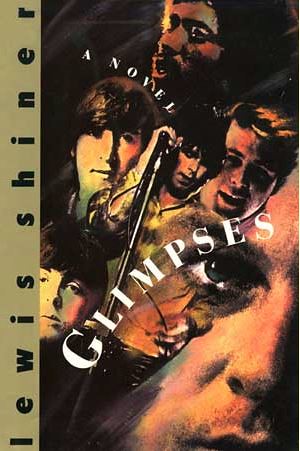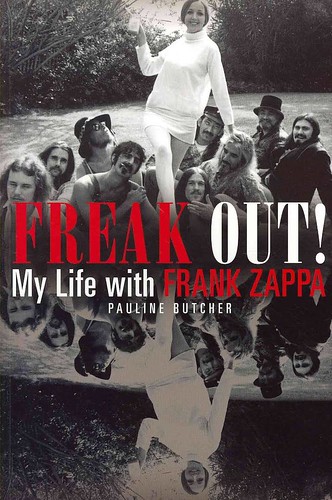Space. I need space in my office. I've long felt trapped, nearly consumed, by all the books in my office. So, I pulled together some 200-plus books: mostly trade paperbacks, but a handful of mass markets and hardcovers, and decided to donate them -- I just needed them gone, if you can relate to that.
A friend of mine suggested I donate them to the local library. So, I searched for a list of all the San Jose Public Library branches in my area, and selected the branch to which my daughter takes her daughter -- my granddaughter. I found the branch's Friends of the Library president's email address, and I emailed her. Explaining who I was and why I had a lot of brand new, unread books available to donate. The following day I realized I had neglected to mention one more point so I emailed her again. After a week of no response whatsoever, I emailed the library branch manager. She responded within a day, telling me that the president of the Friends was the correct individual to contact and that I should email her again -- this time, with more details on the books: if these were all unique titles, or duplicates, etc.
I deleted that email.
I waited another week. Still no reply from the president of the Friends of the Library. Since school had started I assumed this individual wasn't on vacation, but simply was not responding to my email.
I'm not going to email again and beg for this person to take my 200-plus free books; I'm not going to email and elaborate on the contents and makeup of these free books. They. Are. Free! They are packed in boxes, they are ready to be delivered, all I needed was to know where to take them and hopefully have a representative there to take the boxes off my hands.
The library is going to have a book sale at some point, and people are going to pay $5 or $10 or whatever it is the library charges for a bag of books: brand new, unread genre books that the library is getting for free. And these $5 or $10 amounts are going to add up and go towards needed resources for that library. But, this individual chose to not respond to my offer of free books.
Screw 'em.
The boxes are now loaded in my car, and tomorrow I go to The Salvation Army where they will take all 200-plus books off my hands, no questions asked, and gladly spread them throughout their South Bay stores with a $1.00 or more price tag per book. (No $5/$10 per bag at The Salvation Army!) And hopefully a lot of the books will sell and the organization will use the money for the various charitable projects that they support.
And I will write off the entire donation on my taxes regardless.



